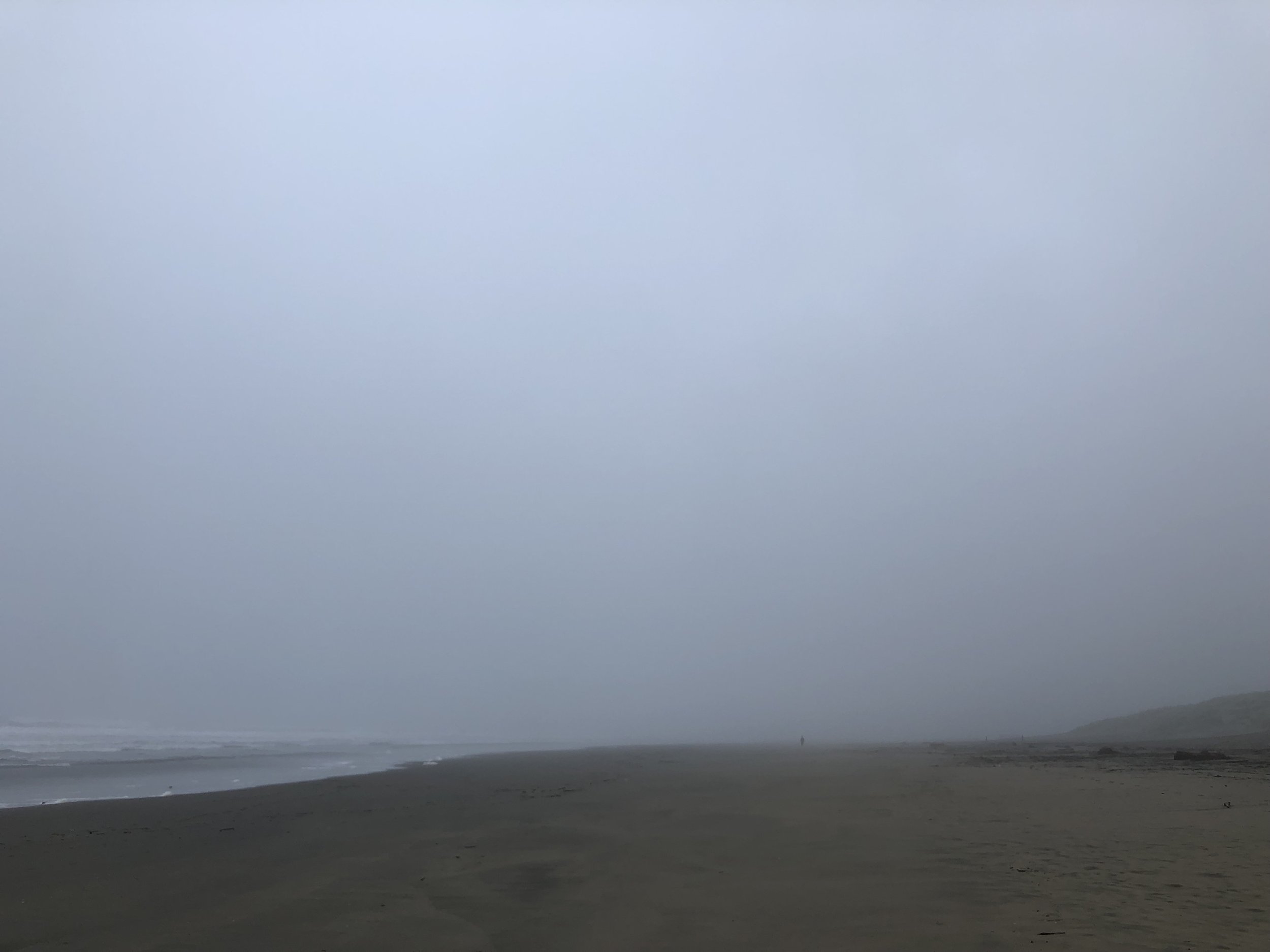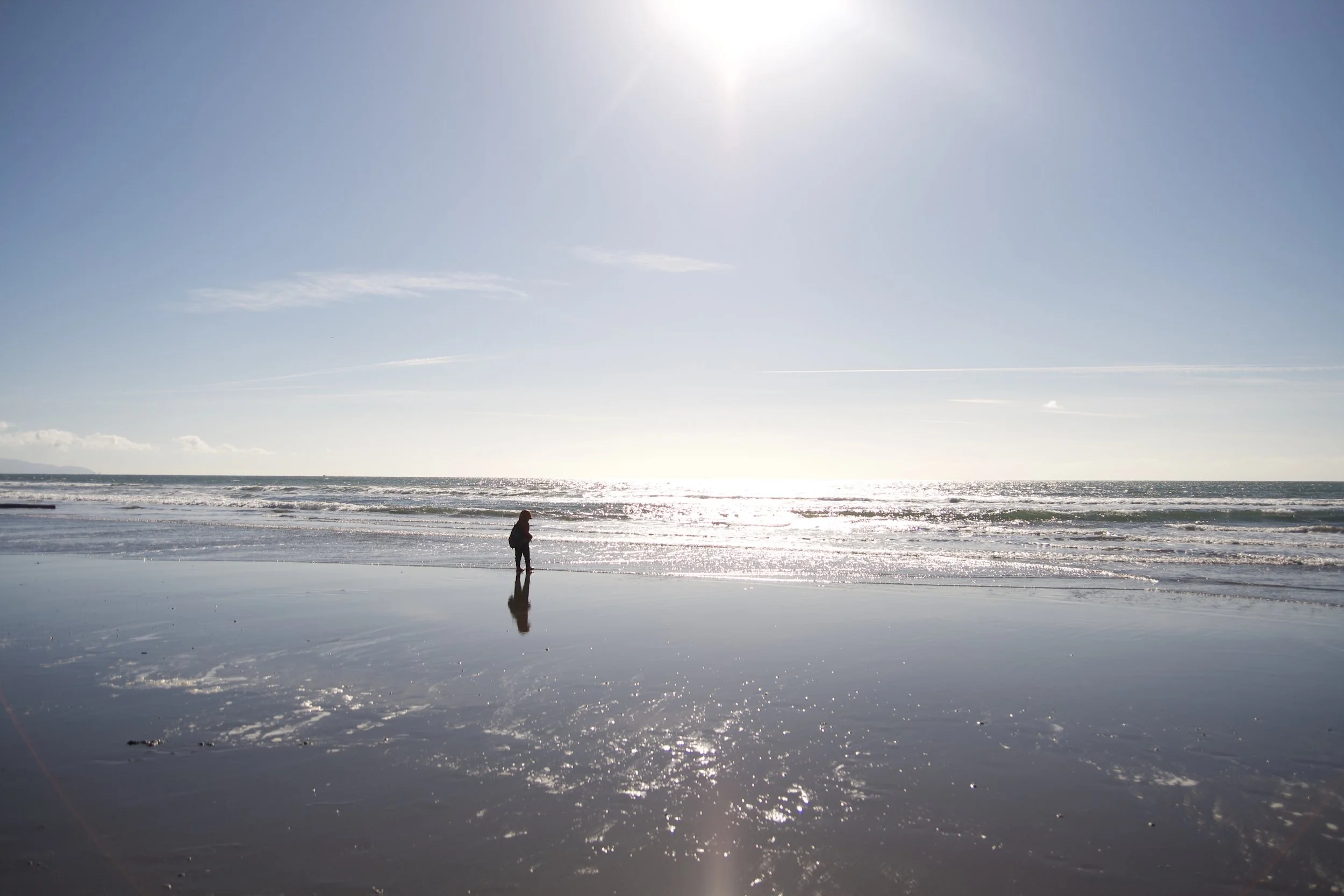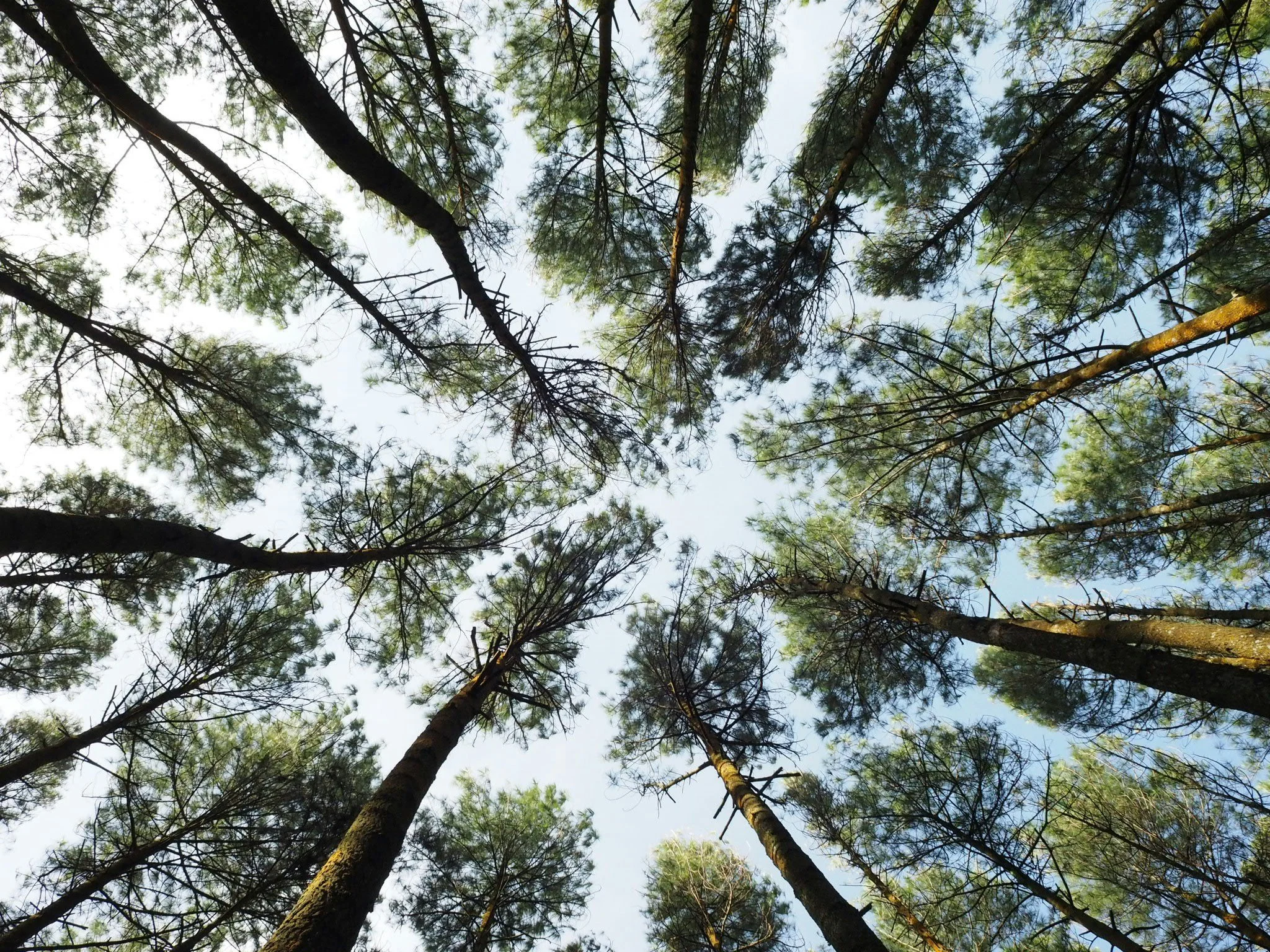
OUR JOURNIES
Aurum came to recognize a quiet loss of his Filipino American identity through years of assimilation after more than 20 years in Asian American ministry. Engaging in non-Western and indigenous perspectives led to an awakening that broadened his realizations of God and began his process of re-indigenizing: reclaiming ancestral identity, ethics, and spirituality. Read more about his journey here…
Her journey has been one of unlearning. Raised at the intersection of a Korean immigrant household shaped by survival and silence, a fundamentalist Christian upbringing that demanded obedience and self-denial, and an American culture that renders women of color visible and invisible, Sarah learned how to be obedient, capable, grateful, quiet, to carry responsibility without authority, and how to disappear in order to belong. Read more about her journey here…


